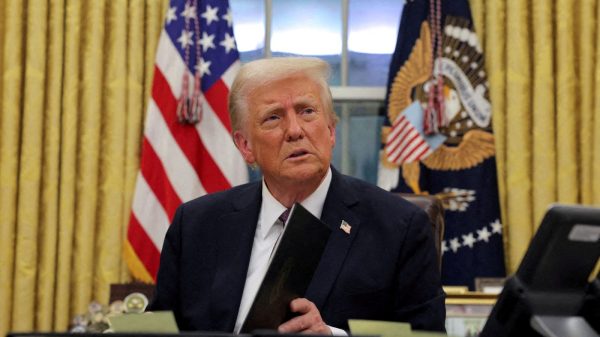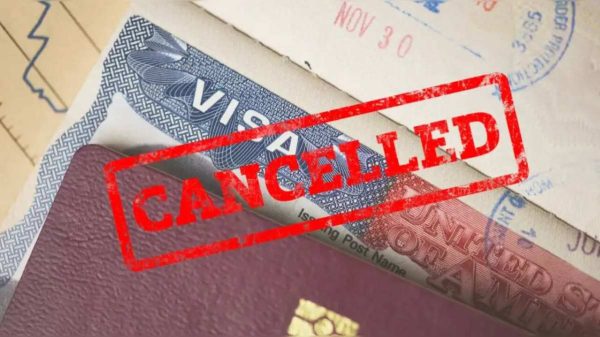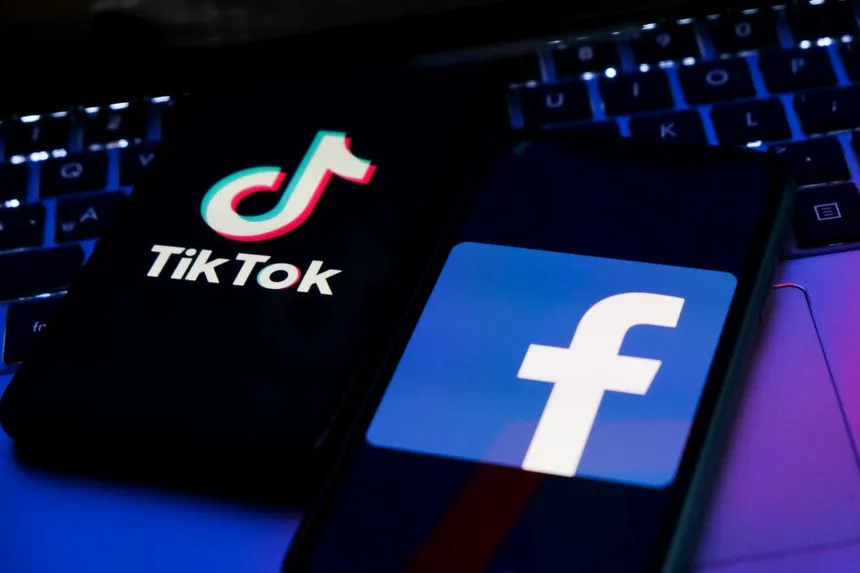The European Union has taken a bold step in intensifying its scrutiny of big tech companies, particularly Meta and TikTok, as they struggle to curb illegal content and disinformation amidst the ongoing Israel-Hamas conflict. The EU’s executive branch, the European Commission, has formally requested that these companies provide information on their efforts to reduce the risk of spreading and amplifying terrorist and violent content, hate speech, and disinformation on their platforms. This move comes as the EU’s Digital Services Act (DSA) has taken effect, which requires social media companies to take measures to prevent the spread of illegal content or face hefty fines.
The European Commissioner for the Digital Economy, Thierry Breton, had previously sent warning letters to the three platforms, as well as YouTube, highlighting the risks that the war poses to online safety. Breton emphasized the need for the platforms to be prepared for the risk of live broadcasts of executions by Hamas, which the EU considers an imminent risk that must be protected against. The companies have until Wednesday to respond to questions related to their crisis response, as well as a second deadline of November 8 for responses on protecting election integrity and, in TikTok’s case, child safety.
The scrutiny of Meta and TikTok is a significant development in the EU’s efforts to regulate the online world and protect its citizens from illegal content and disinformation. The EU’s approach to regulating big tech is a significant shift from its previous practices, as it sets tough new rules for online platforms to prevent the spread of illegal content. The law aims to protect users from illegal and harmful content, reduce the spread of disinformation, and promote transparency and accountability from tech companies.

Meta
In its first formal request under the DSA, the commission asked Elon Musk’s social media platform X, formerly known as Twitter, to provide information on its measures to prevent the spread of illegal content. This move sends a clear message to big tech companies that the EU is serious about enforcing its new digital rules. The scrutiny of Meta and TikTok comes as the two companies face intense pressure to address concerns about illegal content and disinformation on their platforms.
Meta, which owns Facebook and Instagram, has been grappling with issues related to COVID-19 misinformation and hate speech, while TikTok has been accused of failing to prevent the spread of disinformation and violent content. The EU’s scrutiny of big tech companies is a clear message that the bloc is serious about enforcing its new digital rules and ensuring that online platforms are safe and transparent for all users.
As the EU continues to push for greater accountability from tech companies, it remains to be seen how Meta and TikTok will respond to the commission’s demands and whether they will be able to prevent the spread of illegal content and disinformation on their platforms. The EU’s move is a significant development in the bloc’s efforts to regulate the online world and protect its citizens from illegal content and disinformation.











































